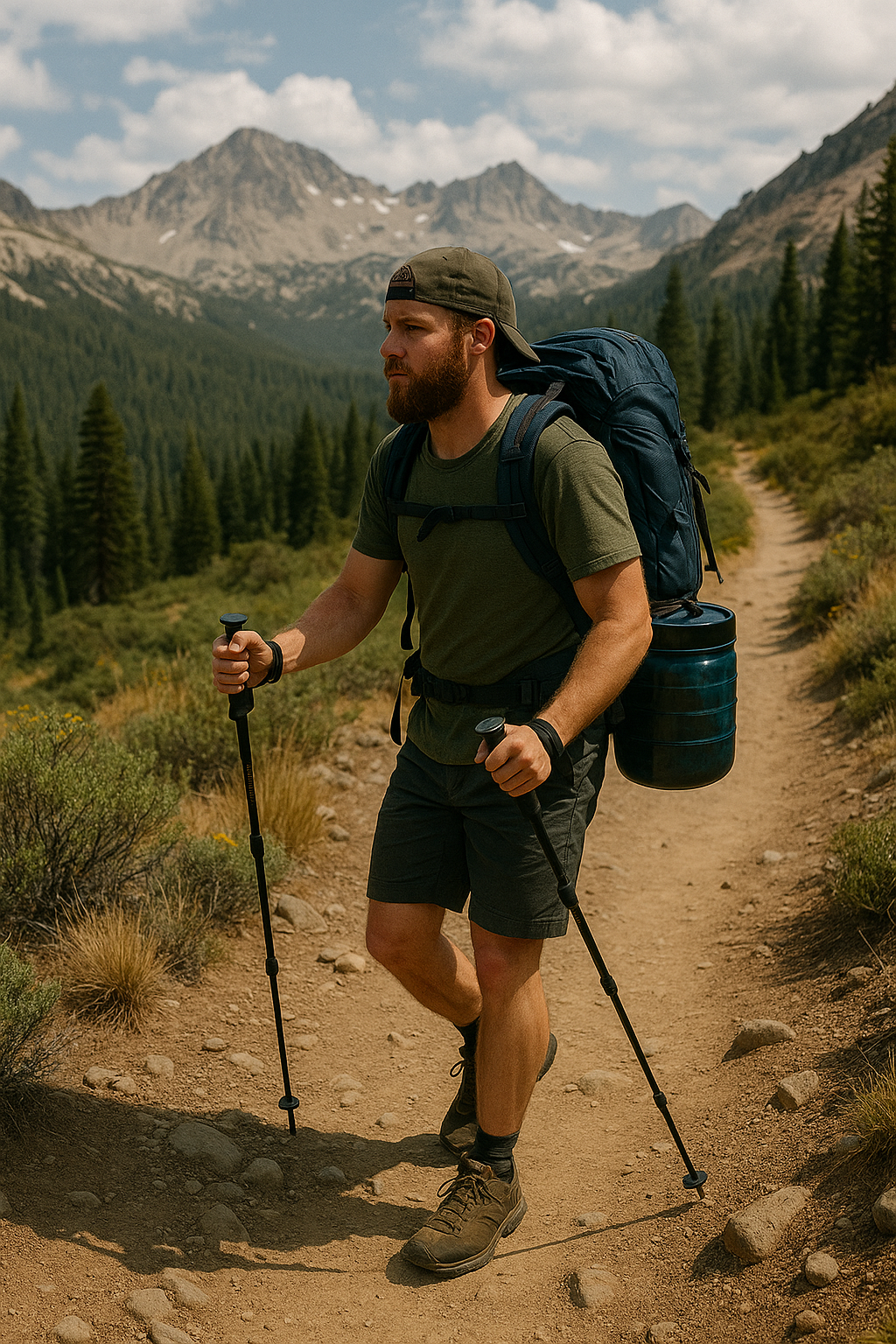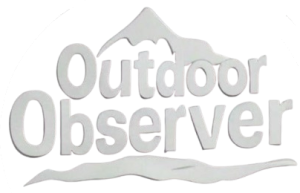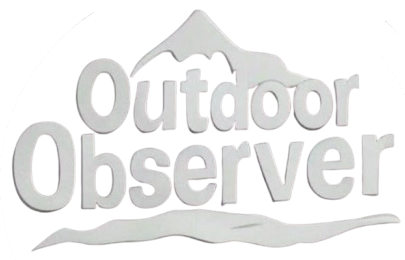This Content Is Only For Subscribers
In 2022, a new regulation was quietly implemented along a notorious stretch of the Pacific Crest Trail (PCT): all hikers passing between Mile 1096.6 and Mile 1118.3 must carry bear canisters. This requirement came as a response to the growing number of encounters between hikers and food-habituated black bears in this remote segment of wilderness—an urgent reminder that even America’s most iconic trails are not immune to the consequences of human-wildlife conflict.
The mandate applies to a rugged, high-country section often traversed by thru-hikers during peak bear activity. Authorities introduced the rule after a pattern of escalating incidents in which bears—drawn by improperly stored food—approached hikers, damaged campsites, and in several cases, successfully accessed human provisions.

Wildlife officials and land managers stress that these bears are not inherently aggressive, but they have learned to associate humans with food rewards. This behavioral shift not only puts hikers at risk but also endangers bears, which may be euthanized if they become repeat offenders.
The rule has added a new logistical layer for long-distance trekkers. Bear canisters are bulky and can be cumbersome to carry on long trails, leading many hikers to strategize carefully:

Some pick up canisters in Kennedy Meadows, one of the PCT’s key gear swap hubs.
Others arrange to have them mailed to resupply points just before entering the regulated section.
Although it’s an inconvenience, many seasoned hikers agree that the extra weight is worth the safety and peace of mind.
This policy speaks to a broader issue: the ecological consequences of outdoor recreation. As the popularity of long-distance trails like the PCT continues to surge, so do human impacts on fragile ecosystems. Improper food storage, careless trash disposal, and relaxed campsite hygiene practices are all contributing factors.
Land management agencies are using this moment to reemphasize Leave No Trace principles, especially proper food storage and waste management.
Organizations like the Pacific Crest Trail Association (PCTA) and trail angel networks are helping to spread awareness about the canister rule. Many hostels and gear shops along the trail have started renting or selling canisters and providing education on their use.
Additionally, social media forums and PCT planning groups are actively discussing the bear issue, providing updated safety tips and logistical advice for handling the mandatory canister section.
Violating bear canister regulations can result in citations and fines. More importantly, non-compliance may lead to increased bear activity and potential danger for hikers behind you.
“We’re not doing this to punish hikers,” one Forest Service ranger explained. “We’re doing it to protect both people and bears. It’s about keeping the wild truly wild.”
The new bear canister policy may feel like an added burden to the uninitiated, but for those who’ve spent nights hearing bears rustling through nearby brush, it’s a much-needed safeguard. The wild, after all, deserves our respect—and a bear canister is a small price to pay to keep both hikers and wildlife safe.



